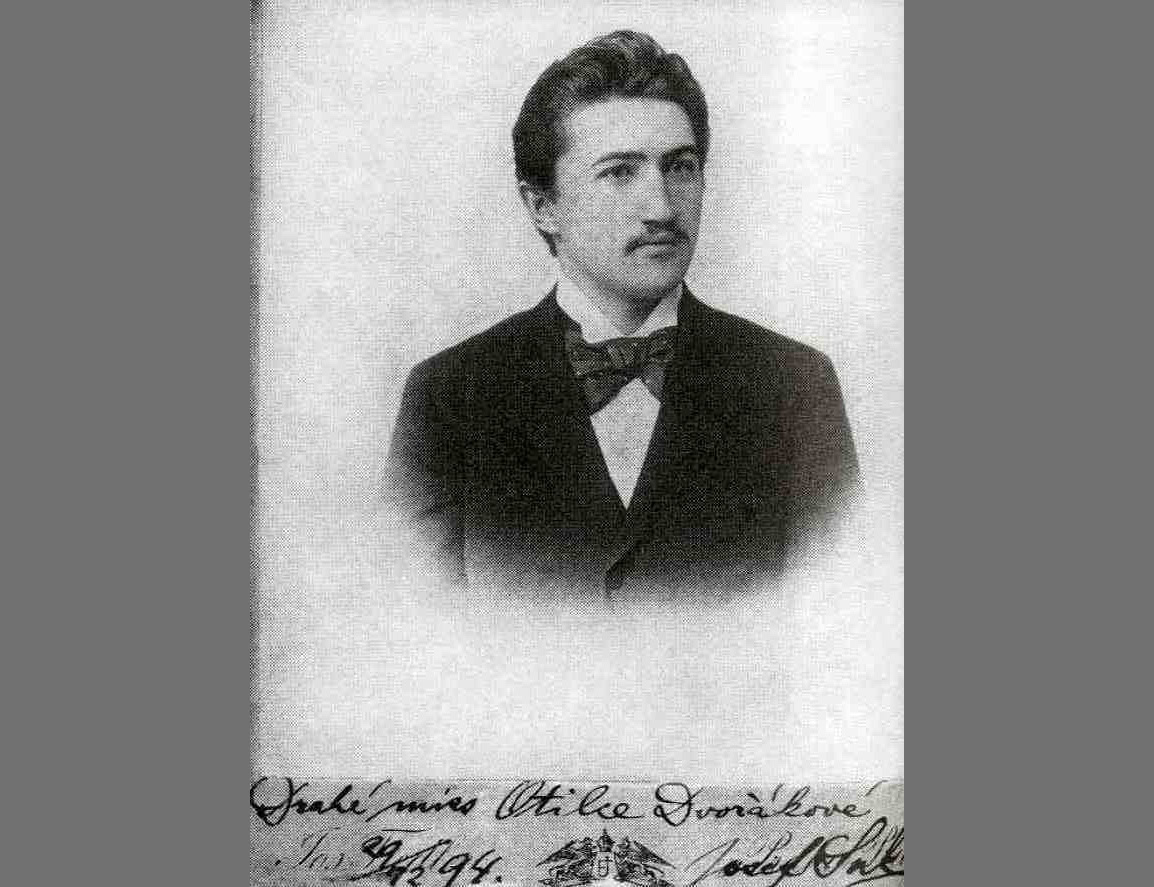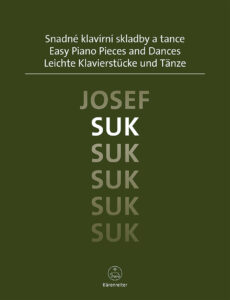Light and yet not so light
The piano pieces and dances, which Josef Suk describes as "easy", have a lot to offer both pianistically and atmospherically.

In recent years, Bärenreiter Prague has published several works by Josef Suk (and incidentally also by his wife Otilie, Dvořák's daughter). These editions are all convincing in their care and provide interesting background knowledge. The most recent of these publications comprises "Easy Piano Pieces and Dances".
Editor Jonáš Hájek aptly comments on this title: "The designation 'Easy Piano Pieces' should be treated with caution. These are rather less demanding pieces from Suk's piano oeuvre, but they require not only a certain level of technical preparation, but also flexibility due to the subtle emotional changes in a relatively small space." Speaking of "light": it may be one of Suk's special talents to be able to convey both the "light" and the "profoundly heavy" in equal measure and sometimes even simultaneously.
The collection begins with a waltz-like Humoresque, followed by an elegiac Album page. The third number, an expressive Adagio, ma non troppocomes from the piano compositions op. 12 and is dedicated to his later wife Otilie. The following Andante comes from a collection, namely the Suite op. 21.
The following Village serenade and Minuet show Suk's love of dance and folk music. Also No. 9 Ditty and no. 11 Polka from Vysoká belong in this area, although the latter is not really a composition by Suk. The polka was apparently "played by musicians for Master Dvořák 30 years ago". Suk then wrote it down from memory and arranged it for piano.
No. 7 is untitled and comes from the cycle Spring op. 22a. A short, melancholy piece, as impressive as the following one entitled How a mother sang to her sick child at night (from the collection From the little mother op. 28). Suk wrote these for his son in memory of Otilie, who died at an early age.
Spanish joke appears here in print for the first time. It is a joking greeting to a friend, sent on a postcard from Madrid. The short piece begins with racy Spanish rhythms and ends with a quotation from the popular song Where is my homewhich later became the Czech part of the Czechoslovak anthem. Incidentally, Suk wrote a witty commentary on the quote, in which he expressed his "longing for dumplings".
On Christmas Eve finally, probably quotes a Slovakian melody. It is an extended version of the song Greetings to the students in Slovakia. This atmospheric piano piece is the pearl of the whole booklet and was published on January 4, 1924, exactly on the composer's 50th birthday. And so it has just turned one hundred years old ...
 Josef Suk: Easy Piano Pieces and Dances, edited by Jonáš Hájek, BA 11575, € 14.95, Bärenreiter, Prague
Josef Suk: Easy Piano Pieces and Dances, edited by Jonáš Hájek, BA 11575, € 14.95, Bärenreiter, Prague








